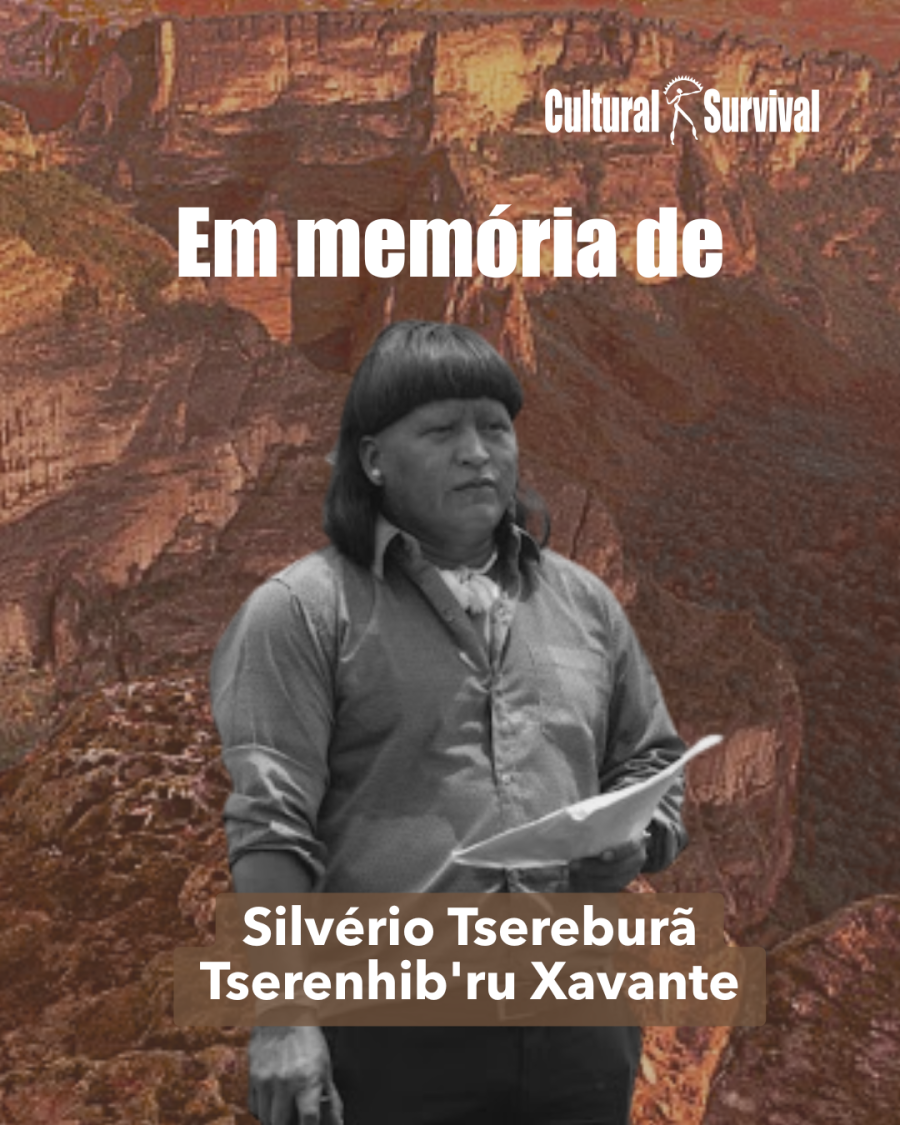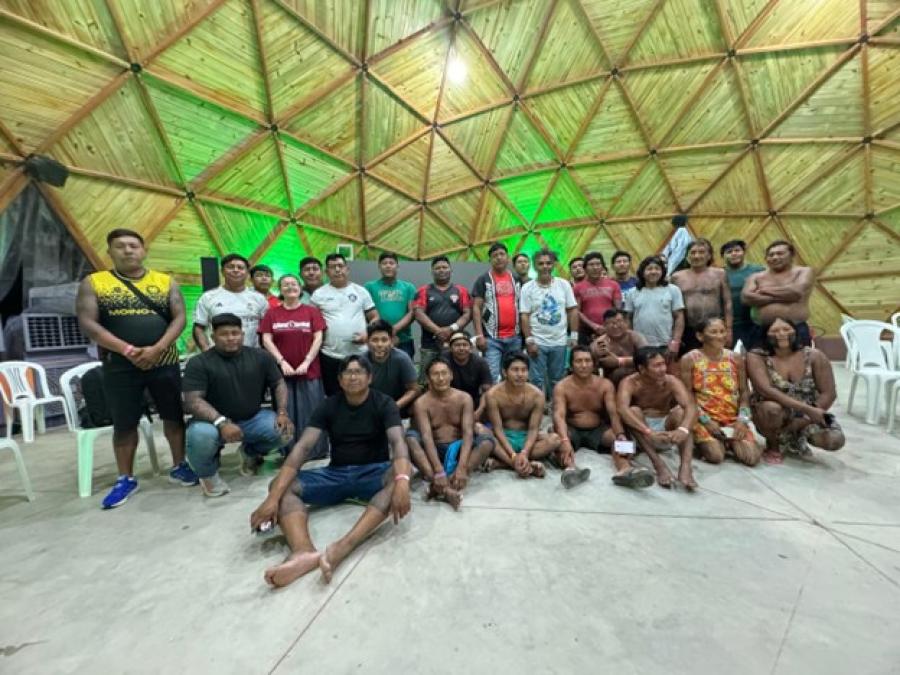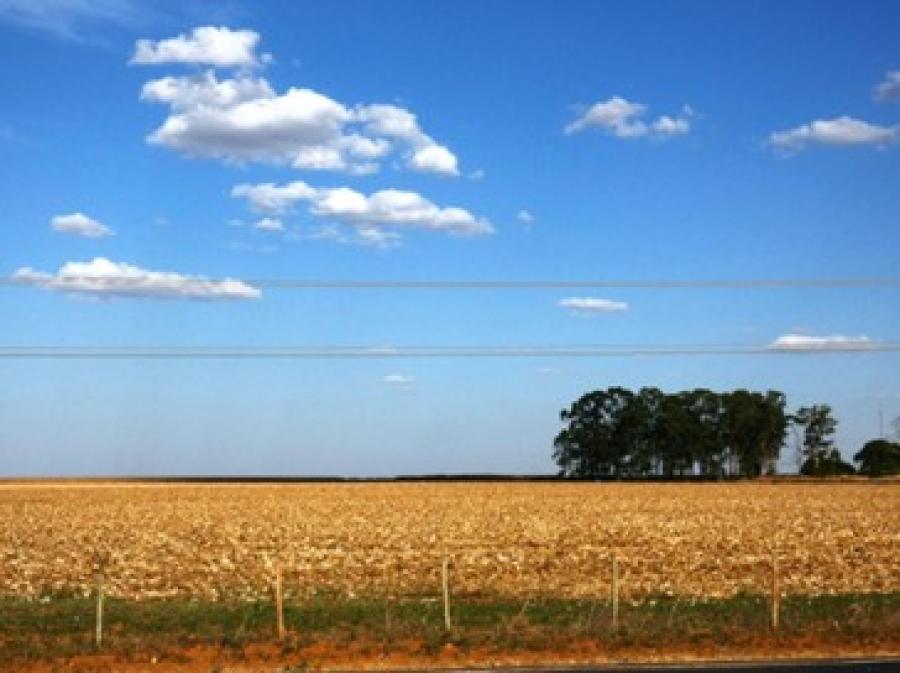A World Bank recently undertook a pre-appraisal study of a US $1-2 billion resource development project in Brazil's Serra dos Carajas, south of Belém. The project anticipates construction of an iron one mine and a railroad from the mine to the coast, and the expansion of the Sao Luis port to accommodate the ore. The railroad and mine are expected to open in 1983, achieving full production in 1985. Trains, 1.5 kilometers long, will travel 60 mph when loaded and faster when empty on the return trip.
This railroad, in part is to be constructed across the territory of the Gavioes (Parakatege) Indians. The Brazilian government has assured Bank officials that the right of way through Indian lands has already been assured. Although as a lump sum payment for a 20 meter-wide right of way, the government did not disclose the amount the Gavioes received, or how it was determined. No compensation, however, will be paid for the destruction or disruption to the environment, upon which the Gavioes depend for food and shelter.
Other groups may also be affected by the project, although the government has not compensated any of them. The Xicrin live near the site and probably will be adversely affected by mine runoff as well as by mine personal. Other groups along either side of the railroad will undoubtedly have game supplies disrupted and perhaps their lives taken by the rail traffic.
The government's attempt to resolve the Indian issue in the development project before seeking funding is significant, but not necessarily positive. Clearly the Brazilian government does not want Bank officials to be concerned about or involved with the indigenous inhabitants of the project area. By compensating Gavioes, the government is anticipating problems similar to those resulting from the World Bank funding the Polonoroeste Project where the Bank has made funding conditional upon adequate safeguards for the indigenous inhabitants of the area. Compensation to the Gavioes, then, may not reflect a commitment to the Indians, rather, an attempt to comply with conditions being imposed on World Bank funding of the project.
It remains to be seen if Bank officials will ask for clarification on this issue of compensation, or if they will simply take the word of the appropriate Brazilian officials. Certainly, compensation could expedite the Bank's financing of the project, but serious would remain. Who determined the level of compensation and how was it paid? Who were the Indian leaders involved? Were they chosen by the Gavioes or were they appointed by FUNAI as is usually the case? Was any compensation given for lost resources on an area greater than 20 meters in width? Were the Gavioes the only Indian compensated? the World Bank could simply accept that compensation was adequate, but that would skirt an issue which to date, has been poorly handled. There are serious questions that arise concerning the form, duration, and checks and balances on expenditure of compensation payments.
Article copyright Cultural Survival, Inc.



